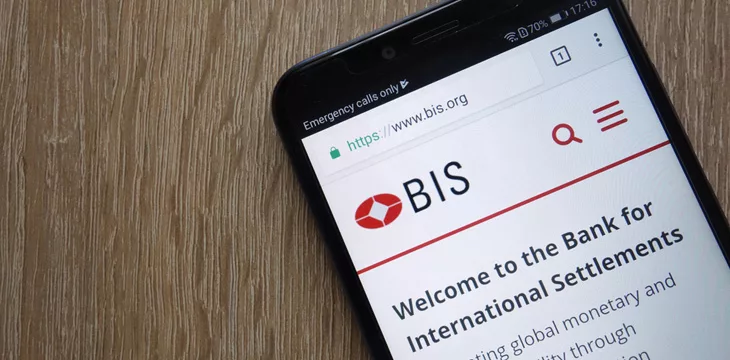|
Getting your Trinity Audio player ready...
|
The Bank for International Settlements (BIS) is often likened to the bank for central banks. It’s responsible for promoting global monetary and financial stability, so it’s no surprise it’s deeply involved in innovation using blockchain and digital ledger technology (DLT).
In addition to Project Agorá, mBridge, and half a dozen other initiatives utilizing distributed ledgers and artificial intelligence (AI), the BIS has now announced Project Rialto, a foreign exchange (FX) module to streamline settlement for instant cross-border payments. It will use wholesale central bank digital currencies (CBDCs) as the settlement asset.
Rialto is a collaboration between the BIS Innovation Hub in Singapore and the Eurosystem. No further information has yet been provided on what central banks are involved.
Making the FX settlement system more efficient could dramatically reduce risks and costs. It’s estimated that FX accounts for 60% of P2P payment costs and up to 97% of P2B costs.
The BIS previously launched Project Mariana to explore FX settlement efficiencies. Singapore’s Project Guardian explored how asset tokenization and decentralized finance (DeFi) might help, while JP Morgan’s (NASDAQ: JPM) Onyx launched to use blockchain technology and its proprietary JPM coin for the same reasons.
Opinion: The utility era is finally here
As a reporter, it’s becoming increasingly difficult to keep up with all the different projects and initiatives using blockchain technology to improve payments, financial services, peer-to-peer communications, and more. Finally, it seems the world has realized that blockchains and digital tokens can be used for much more than speculation, and a Cambrian explosion of innovation is upon us.
Yet, much like in the early days of the internet, private companies and global organizations are looking to protect their interests and win market share by offering services on private blockchains they control. What they haven’t yet realized, but will in time, is that such systems can never beat open, permissionless protocols like the BSV Blockchain.
Just as TCP/IP became the standard upon which the internet was built, so too will one unboundedly scalable public blockchain become the standard settlement network for the world. Openness, robustness, scalability, community collaboration, competition, and permissionless innovation will produce network effects that eventually force all to build on one blockchain.
It’s heartening to see so many global institutions and organizations embrace the technology of the future. Step by step, all parties will figure out that building inside walled gardens is inherently limiting and self-defeating. In the years and decades to come, all will move onto one open network with almost free, instant settlements, peer-to-peer payments and communications, true interoperability, and atomic swaps between tokenized assets.
No global organization or company will control the blockchain of the future. The BSV Blockchain will be the standard, just as TCP/IP became so for the internet.
Application access can be gated, but protocols cannot. The sooner the BIS and others start building on a scalable public blockchain like BSV, the sooner this awesome vision of a truly peer-to-peer future with all the transparency, efficiency, and cost savings can be realized.
Watch Centi: Bridging digital money and traditional banking

 08-17-2025
08-17-2025 





